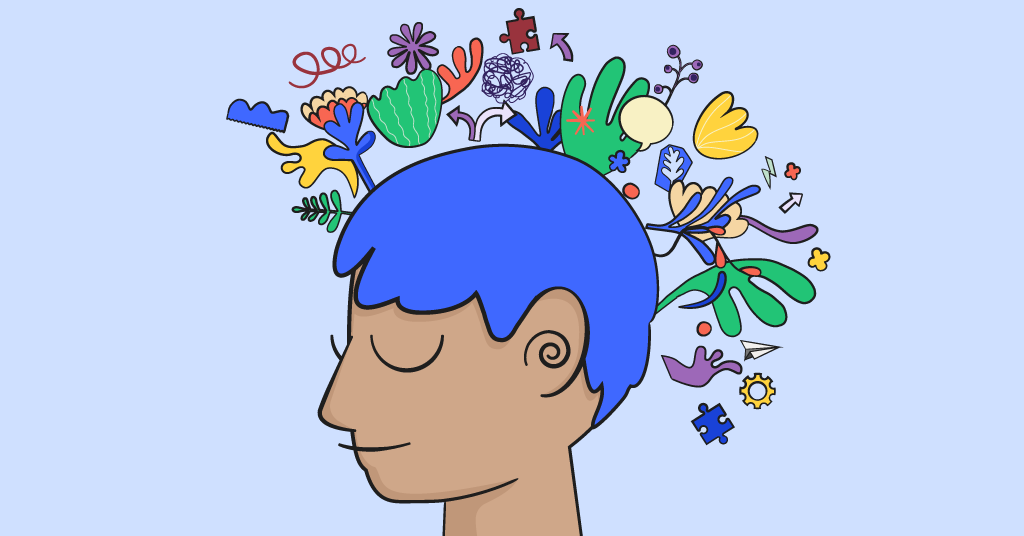
Loss has always been and will always be a part of life, but it’s especially hard when you become a parent. While grieving is a natural response to loss, grief in children manifests in many ways, and it can be difficult to watch your child struggle and not know how to help.
It will inevitably take time for your child to grieve the loss of a loved one or even a way of life, but with a few tips, you can be empowered to recognize the signs of childhood grief and provide support to help your child through this difficult time.
Signs of Childhood Grief
Children may experience grief differently than adults. While some kids may cry and express their emotions openly, others may become withdrawn or appear to be unaffected by the loss. It's important to remember that there is no right or wrong way to grieve, and each child may have their own unique experience. That being said, here are some of the most common signs of childhood grief to look out for:
Emotional signs:
- Anger or irritability
- Sadness or depression
- Anxiety or fear
- Guilt or self-blame
- Confusion or disbelief
- Numbness or feeling emotionally disconnected
Behavioral signs:
- Changes in sleep patterns
- Loss of appetite or overeating
- Difficulty concentrating or completing tasks
- Withdrawal from social activities or things they once loved to do
- Regression in behaviors, such as bedwetting or thumb-sucking
Ways to Help Kids Through Grief
As a parent, it can be difficult to know how to help your child cope with grief. Here are some ways to support your child during this challenging time:
- Create a safe space for feelings: Encourage your child to express their feelings, thoughts and questions about the loss. Listen actively and provide reassurance that it's okay to feel sad, angry or numb and that there’s no right way to feel.
- Provide consistency: Maintain a routine for your child, such as regular mealtimes, bedtimes and activities. This can provide a sense of stability during a time of upheaval.
- Do away with expectations: Remind your child there is no set timeline for how long you should grieve someone. Grief often comes in waves and isn’t a linear healing process.
- Offer comfort: Physical touch, such as hugs or holding hands, can provide comfort and reassurance. You can also provide comfort through words of encouragement or by simply being present with your child.
- Seek professional help: If your child's grief interferes with their daily life or they start to show signs of depression, consider seeking professional help. A therapist or counselor can help your child process their emotions and develop coping strategies.
Navigating childhood grief as a parent can be challenging, but by recognizing the signs of grief and providing support to your child, you can help them cope and heal. Remember that there is no right or wrong way for a child to grieve, and be patient and understanding as your child navigates this difficult time.
How Bark Can Help
Bark’s advanced technology monitors your child’s online activities for signs of potential issues. For kids struggling with grief, you may want to keep an eye out for signs of depression — which can be a response to intense mourning. Bark can let you know if they’re expressing signs of hopelessness so you can check in and make sure everything is okay. Start your free trial today to see how Bark can help your family.
Read more
Bark helps families manage and protect their children’s digital lives.





